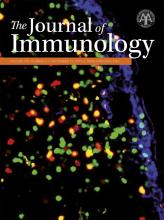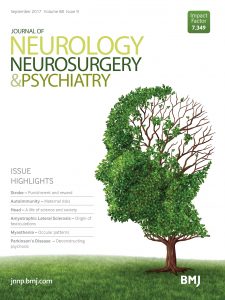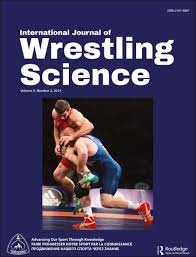 The Annals of Emergency Medicine has republished a controversial paper it withdrew earlier this year which compared the cost of emergency care at different types of facilities.
The Annals of Emergency Medicine has republished a controversial paper it withdrew earlier this year which compared the cost of emergency care at different types of facilities.
Because the paper drew heavy criticism when it was originally released, the journal has published a revised version, along with several editorials and discussions between the authors and critics. One point of contention: The analysis stems from data provided by an insurance company — Blue Cross Blue Shield — which it declined to share.
The paper — originally published in February — caught national attention (and raised concerns among some emergency care providers) when it reported the cost of treatment in emergency departments can be significantly higher than at urgent care centers, even for the same conditions. The journal withdrew the paper in spring, and re-published it Tuesday, with minor changes.
First author Vivian Ho at Rice University told us she made “slight changes” to some headings, phrases, and the appendix, but:
Continue reading Journal republishes withdrawn paper on emergency care prices, amid controversy

 Two journals have retracted papers by a biologist who was
Two journals have retracted papers by a biologist who was 

 A
A


